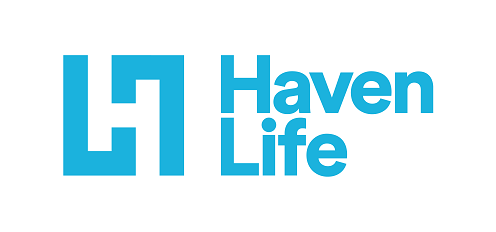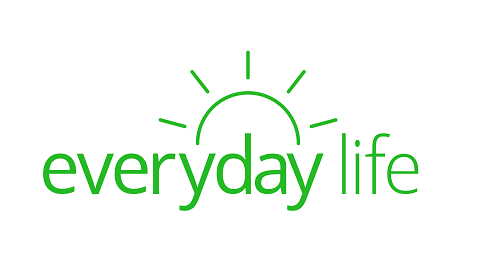Dad mentioned he would leave everything to you, but when his will goes through probate you discover that the bulk of his fortune was in a life insurance policy that named his ex-wife as the beneficiary.
Who gets the check? The life insurance policy trumps the will.
“A will [only] describes the goals for distribution and sometimes the control of financial and non-financial assets after a person’s death,” says San Francisco-based insurance analyst Donald Light of consulting firm Celent.
Pros to life insurance
Here are some advantages to having a life insurance policy:
- The money is disbursed almost immediately to a beneficiary after he or she provides a death certificate and offers proof of identity. This is especially helpful if they have to pay for the funeral or if the estate has unpaid bills.
- Probate fees can diminish an estate and probate can often last a year. Meanwhile, valuable assets such as a family home may have to be sold to pay the bills.
- A life insurance policy is a contract, like the deed to a house, and legally is more binding than a will, particularly one that hasn’t yet been probated.
Challenging a will and life insurance
So what can you do if you find yourself on the losing end of the rope in this tug of war for an inheritance?
Both wills and life insurance can be challenged, says Gregory Weinig, a partner who handles estate litigation for Connolly Gallagher LLP in Wilmington, Delaware. The key to challenging either a policy or a will is proving that Dad didn’t know what he was doing or was acting under duress.
“Cases where the [life insurance] beneficiary is challenged usually involve incapacity such as weakened intellect, undue influence — like someone exercising dominance — or suspicious circumstances,” says Weinig.
Find life insurance beneficiaries
If there was a life insurance policy, find out who was the beneficiary. If that beneficiary has died, was there a secondary beneficiary?
“Life insurers have an obligation to pay the beneficiaries named in the policy,” says spokesperson Whit Cornman of the American Council of Life Insurers. “But if none of the named beneficiaries are alive when the policyholder dies, then the proceeds are typically paid to the policyholder’s estate.”
Without a living life insurance beneficiary, the will now trumps the policy.
This can easily happen if the life insurance policy was taken out many years before the death. Dad could have become “fuzzy on the details” since then or forgotten that he had the policy altogether, says Steve Weisbart, senior vice president and chief economist for the Insurance Information Institute.
Here’s more on what happens after you find an old life insurance policy.
But if the policy lapsed because payments stopped coming in, then the insurer is under no obligation to pay.
Life insurance laws differ by state
Life insurance is often a long-term contract and a lot can change from the time it is purchased to the time it is exercised.
While insurance over will is the basic concept, “the laws are not uniform among the states,” says Dan Schelp, managing council at the National Association of Insurance Commissioners (NAIC).
People can divorce and remarry, but Dad’s first wife will remain the beneficiary unless he names someone else.
The first wife could even get a court order requiring Dad to keep her on the policy, which would supersede any changes he could make.
The executor’s role in wills
Dad probably named an executor for his will, a person who would see that his wishes were carried out after his death. But if he didn’t – and his assets were substantial – chances are that a judge would select one.
The executor’s job, especially if the terms of the will aren’t spelled out, would be to examine the estate’s paperwork, in which case he or she might find a previously unmentioned life insurance policy. If such a policy is found, the executor could have the additional job of tracking down the beneficiary. And in the interim, he or she also has an obligation to make payments on the policy – out of the proceeds of the will – until the beneficiary is located.
Weisbart recommends being “purposely vague” when telling people what they should expect from an inheritance. Otherwise there can be hard feelings.
“It’s important to let them know they will inherit,” he says, “but don’t give them a dollar amount.”
But being too vague when naming beneficiaries won’t help. Leaving a policy to “my son” can create legal and, in some instances, DNA issues if another son, even an illegitimate one, shows up to claim Dad’s inheritance.
Lawyers suggest leaving an in-depth memorandum with the attorney who drew up your will detailing life insurance policies, properties, accounts and anything owned, along with who inherits it, their addresses and Social Security numbers if possible.










